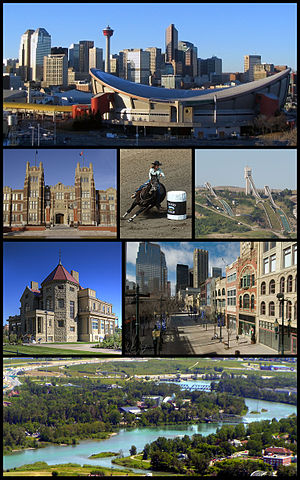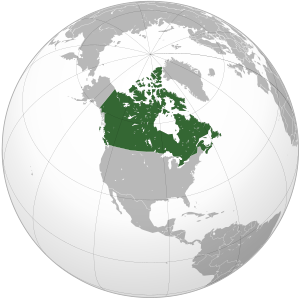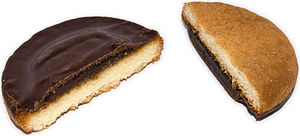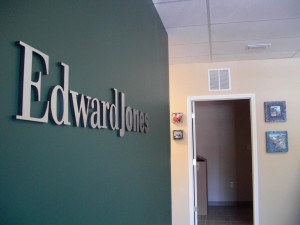It’s always hard to make new friends when coming to live in a new city. Calgary Newcomers’ Club welcomes its members with opportunities for social interaction with other women of any nationality who are new to Calgary through shared interests and activities.
Founded in 1961 by Kay Dant, The Club just celebrated their 50th anniversary. Calgary Newcomers’ Club is a member of the National Newcomer’s Council of Canada.
Any woman who has moved to Calgary in the last 3 years or, by special motion of the Executive Board, within the past 5 years is eligible to join. We also accept applications from women who have experienced a major life change (employment, marital etc) who want to experience Calgary in a new way.
Some of the activities are: book clubs, mah jong, hiking and snowshoeing groups, walking groups, tennis, golf, pub night, pot luck dinner parties, wine tasting parties, lunch and coffee meetings at various locations around town.
A prospective member may attend a Hospitality Event where a member of the Club Executive Board will answer all her questions about the club. Just contact the club through the website or by phone.
There is annual fee of $40 to be a member.
Many great friendships have been made through CNC, enduring even after people leave the city. So have a look at the website, come to a hospitality event where you will be warmly welcomed into someone’s home and get meeting new friends straight away!
More information is available at www.calgarynewcomersclub.com or by calling 403-245-8993
Courtesy of Seema- a member of the Calgary Newcomers Club and also member of the Calgary British Expats Meet Up Group
Also, I have mentioned this one in a previous article- but worth another ‘shout’ and this is the The Calgary British Expats Meet Up Group- check it out for local get together’s, be it a night at the pub, quiz, learn to dance, family outings or just a coffee, just a great way to meet new Brits and ultimately have a laugh!!
Brit newcomers always welcome- whether you have been here 1 week, month or a decade or 2!!
Thanks
Mel









Follow Us!